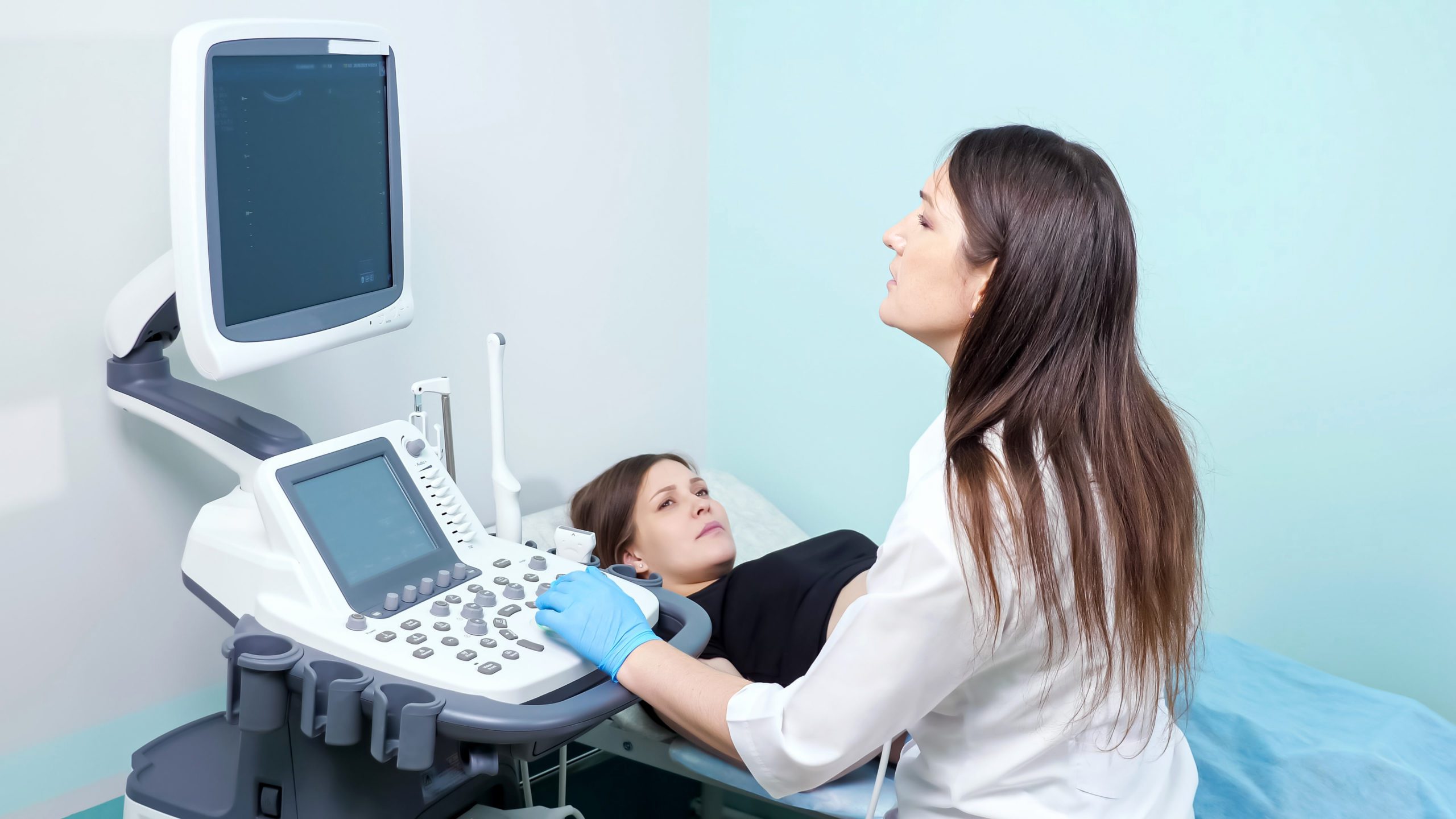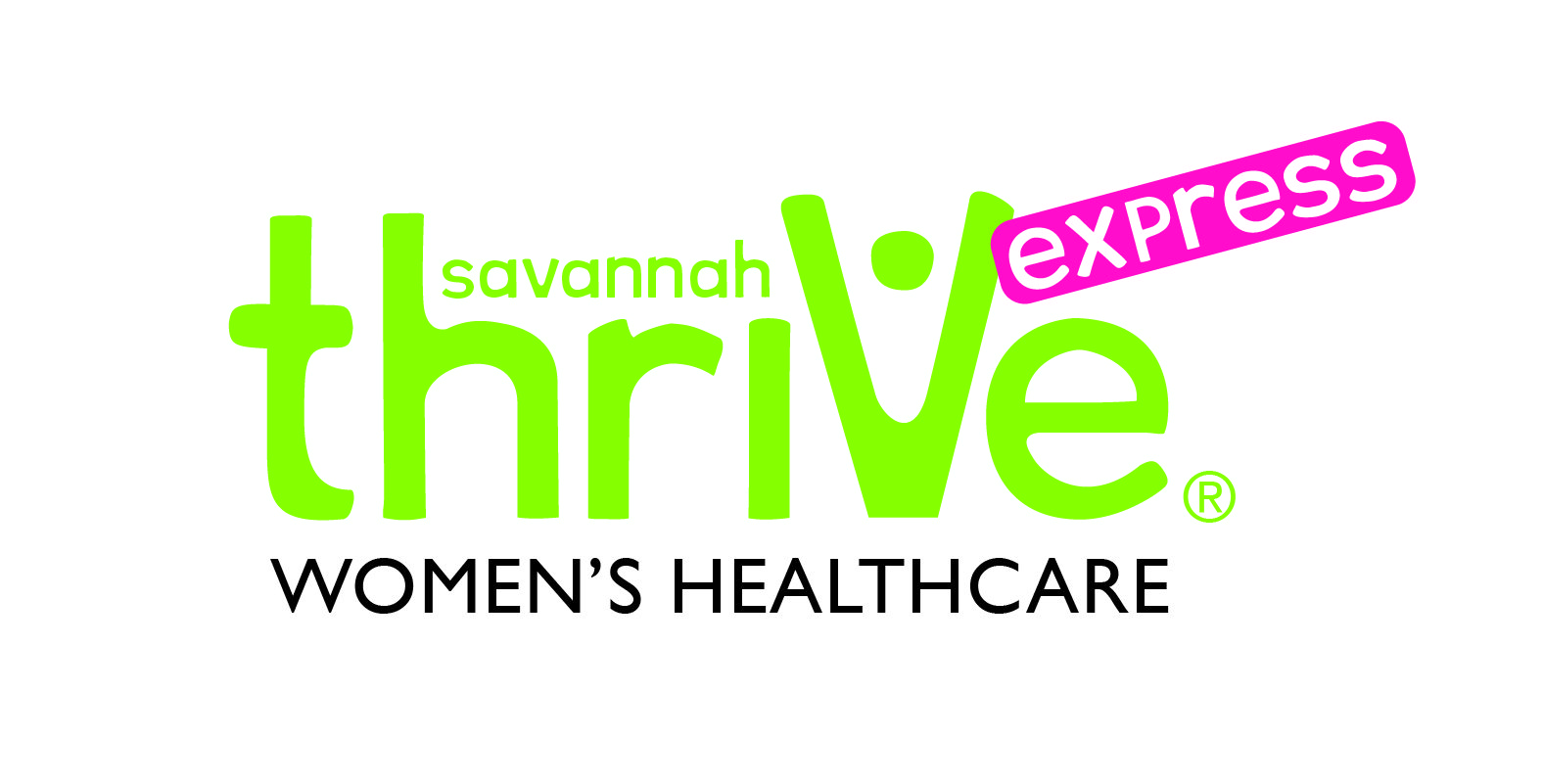It is important to have an ultrasound before an abortion to protect your health and safety, even if you are planning on taking the abortion pill.
An ultrasound can alert you to anything abnormal about your pregnancy that could affect your body and the abortion process. It also helps you feel confident about which option is best and safest for you.
3 Reasons You Need an Ultrasound Before An Abortion:
1. Ultrasounds confirm gestational age
An ultrasound confirms exactly how far along you are in your pregnancy. This helps determine what abortion procedure you may be eligible to have.
If you are considering taking the abortion pill, the FDA states you should only take it within the first 10 weeks of pregnancy. That is about two and a half months after the first day of your last menstrual period. Since many women are off on their dates, the only way to confirm the exact timeline of your pregnancy is through an ultrasound.
It is important to confirm an accurate gestational age before scheduling an abortion to see if you qualify for one. Currently in Georgia, abortion is legal up to 22 weeks.
The abortion pill is only approved to be taken up to 10 weeks, taking it past 10 weeks increases your risk for an incomplete abortion, hemorrhage, retained placenta, or the need for a blood transfusion from heavy bleeding.

An ultrasound before an abortion is an important first step in knowing the safest options for you.
2. An ultrasound determines if you have a viable pregnancy
It is necessary to confirm your pregnancy is viable. A viable pregnancy indicates the presence of a heartbeat and the potential for a live birth.
A pregnancy can end by miscarriage without you realizing it. A miscarriage is a non-viable pregnancy, which means an abortion would not be necessary.
Research shows as many as 1 in 4 pregnancies end in natural miscarriage. Approximately 80% of miscarriages occur within the first trimester (before the 12th week). An exam and pregnancy test are not reliable sources to confirm viability. Since pregnancy tests respond to hormones, it is possible the test might still show positive, even if you have miscarried.
Without confirmation of a viable pregnancy, you can put your body through an unnecessary abortion and health complications.
Ultrasounds are one of the fastest ways to confirm the viability of your pregnancy.
3. An ultrasound determines if your pregnancy is developing in your uterus
Sometimes, a pregnancy may begin to grow outside the uterus, usually within the fallopian tubes. This is called an ectopic pregnancy and is considered non-viable.

There are some factors that increase your risk for an ectopic pregnancy. These risk factors include having a previous ectopic pregnancy, fallopian tube surgery, pelvic or abdominal surgery, a history of certain infections like Gonorrhea or Chlamydia, endometriosis, smoking, and being older than 35 years of age. However, about 50% of women who are diagnosed with an ectopic pregnancy have no known risk factors.
An ultrasound can diagnose an ectopic pregnancy. If your pregnancy is growing outside of your uterus, you will need to seek medical attention immediately as it can be an emergency if not caught early.
Taking the abortion pill without ruling out an ectopic pregnancy can be life-threatening. While you might experience abortion symptoms after taking the abortion pills, it may not end the pregnancy. This can put you at risk for internal bleeding.
If you are thinking about taking the abortion pill, first schedule an ultrasound with Thrive Savannah Women’s Healthcare to check where your pregnancy is growing.
Schedule a free ultrasound today
Move forward in the decision of your pregnancy with an ultrasound today. Your visit is free of charge and your results are confidential. Our compassionate team of licensed medical professionals are here to answer all your questions so you can be fully informed to make the best decision for your pregnancy.
Schedule a free ultrasound today HERE or call 912-999-7993.


